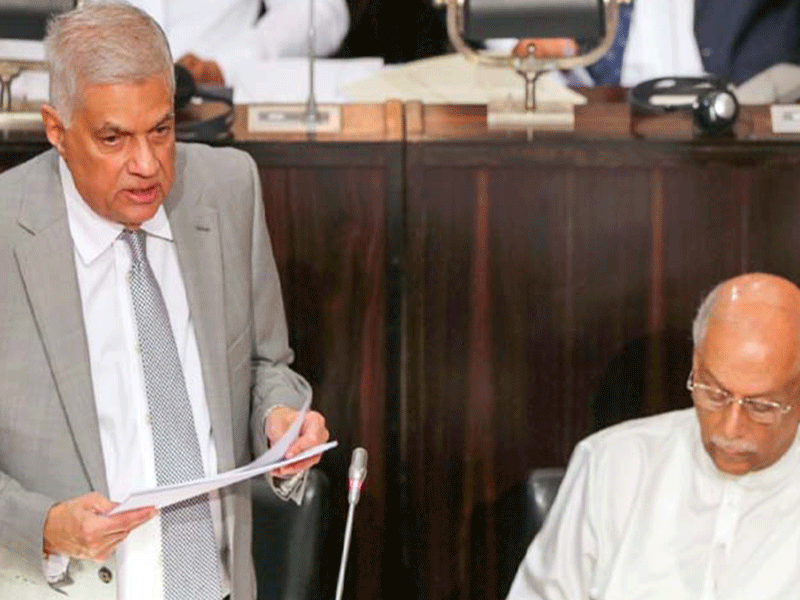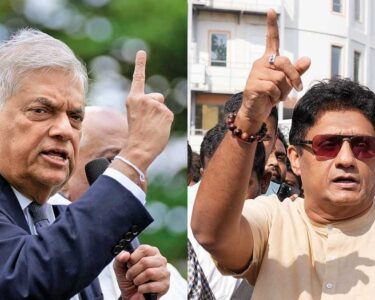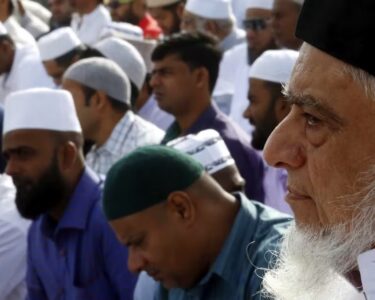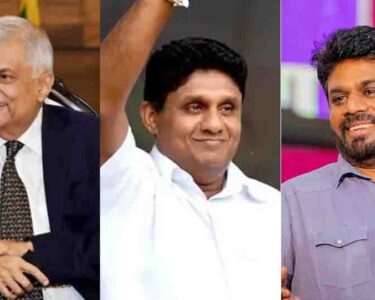In the unveiling of Sri Lanka’s 2024 budget, President Ranil Wickremesinghe announced a significant increase in state salaries, raising them by 10,000 rupees through an adjustment in the cost of living allowance, now set at 17,800 rupees. This move aims to address the need for higher salaries, necessitating an increase in taxes, as alternative measures like money printing and increased borrowing were deemed unviable.
The salary increments are scheduled to take effect in April, facilitated by incoming tax revenues. To manage any outstanding payments, President Wickremesinghe outlined a plan to settle arrears from October in six monthly installments.
State pensioners are not left out of this adjustment, as their cost of living allowance is set to increase by 2,500 rupees to a monthly total of 3,525 rupees. However, these salary and pension hikes come at a substantial cost, amounting to 133,000 billion rupees. To counterbalance this, Sri Lanka is considering selling a 20 percent stake in state banks to either strategic investors or the public, a proposal put forth by President Ranil Wickremesinghe.
In a significant fiscal move, Sri Lanka is set to eliminate “almost all” exemptions from value-added tax (VAT), with exceptions for health, education, and select food items, according to President Wickremesinghe. The VAT rate is also slated to increase to 18 percent, as previously announced. Another noteworthy initiative involves the distribution of 2 million title deeds to rural families, supported by an allocated 2 billion rupees.
The 2024 budget has ambitious targets, aiming to increase tax revenue by 47.1 percent to reach 3,820 billion rupees, a substantial leap from the estimated 2,596 billion rupees in the current fiscal year. This surge in tax revenue is positioned as a demonstration of Sri Lanka’s commitment to the International Monetary Fund (IMF), which is yet to disburse the second tranche of a $3 billion loan due to the country falling short of its tax revenue target.
Election Budget:
While President Wickremesinghe’s budget proposals are seen by some as election-focused, with questions arising about their feasibility, they are also perceived as an effort to steer the economy in the right direction amid various challenges, according to Sri Lanka opposition MP Harsha de Silva.
However, a potential divide within the ruling Sri Lanka Podujana Peramuna becomes apparent in comments made by SLPP legislator Namal Rajapaksa. He raises concerns about the implementation of previous proposals and questions whether these initiatives have translated to tangible outcomes at the ground level.







